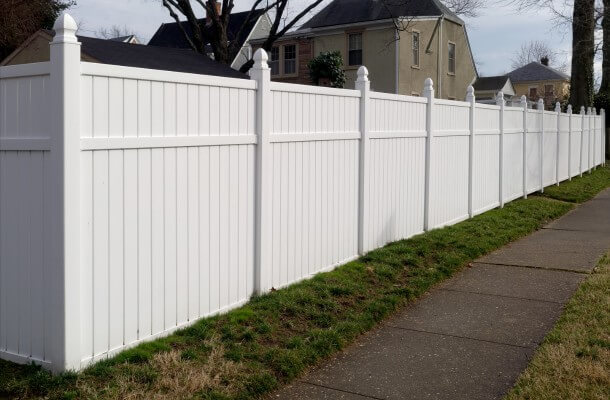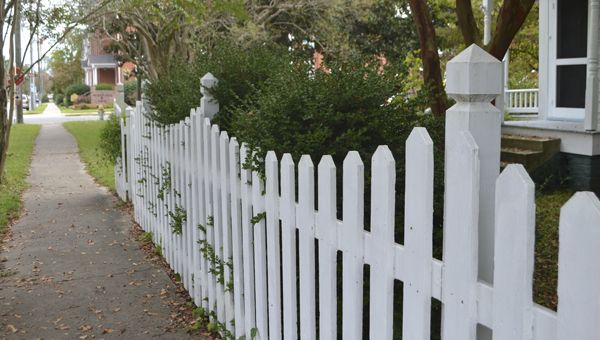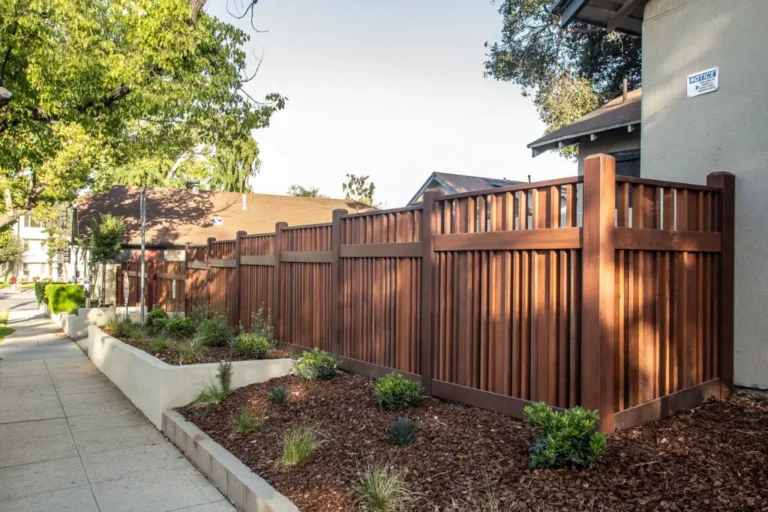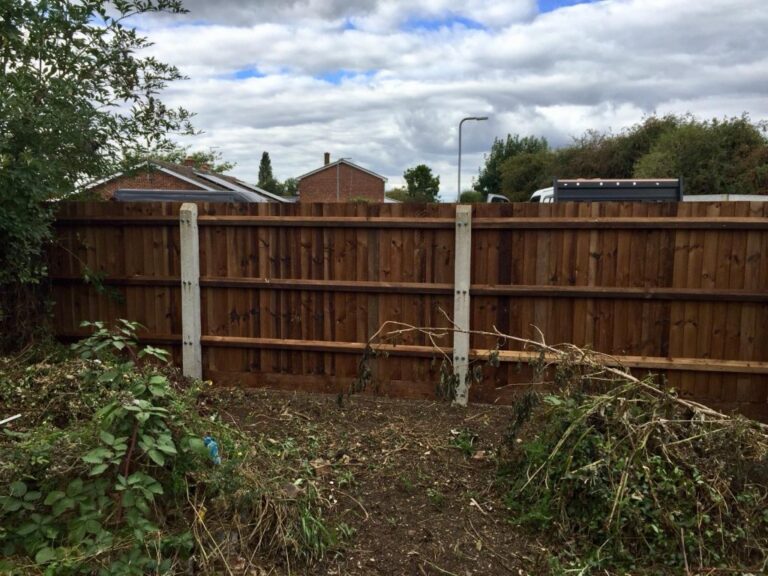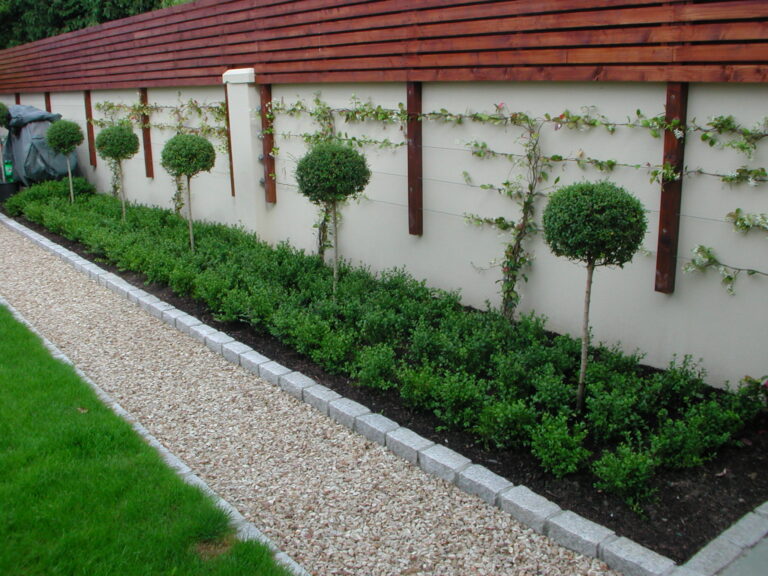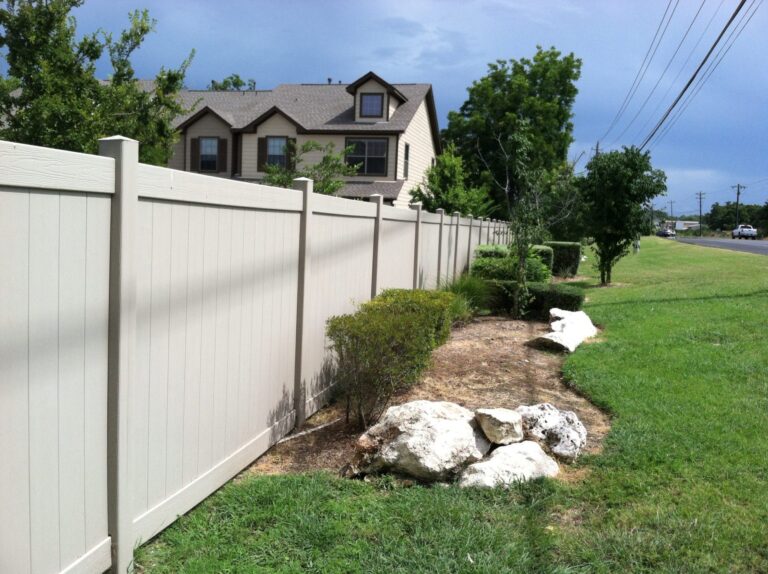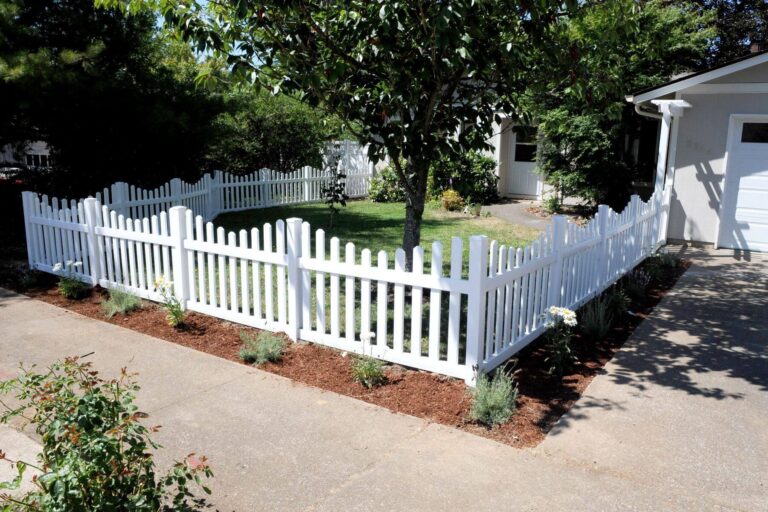Vinyl and wood are two of the most popular materials for residential fencing, each offering its own set of advantages and disadvantages. When it comes to enhancing the aesthetics and security of your home, making the right choice between these two materials is crucial.
In this article, we’ll delve into the world of vinyl and wood fencing, comparing their features and benefits to help you decide which is better suited for your home.
Durability: A Battle of the Ages
One of the key factors to consider when selecting a fencing material is durability. A durable fence not only provides protection but also saves you money in the long run.
Vinyl Fencing: The Modern Marvel
Vinyl fencing is renowned for its exceptional durability. Made from high-quality PVC, vinyl fences are resistant to rot, moisture, and pests. Unlike wood, vinyl won’t warp, split, or require frequent repainting. With minimal maintenance, vinyl fences can stand tall for decades, making them an ideal choice for homeowners seeking a long-lasting fencing solution.
Wood Fencing: The Classic Choice
Wood fencing, while undeniably charming, demands more care and maintenance. Wood is susceptible to rot, termites, and weather-induced damage. To maintain its longevity, regular staining or painting is necessary. Though wood has its nostalgic appeal, it may not be the best option for homeowners looking for a low-maintenance solution.
Aesthetic Appeal: Beauty Beyond Function
Apart from durability, the visual appeal of your fence plays a significant role in enhancing your home’s overall appearance.
Vinyl Fencing: A Modern Elegance
Vinyl fences come in a variety of styles and colors, allowing homeowners to choose a design that complements their property’s aesthetics. The clean lines and contemporary look of vinyl fencing can be a perfect match for modern homes. The best part is that vinyl maintains its appearance without fading, ensuring your home’s curb appeal remains intact.
Wood Fencing: A Timeless Charm
Wooden fences have a timeless, rustic charm that can enhance the character of any property. The natural look and warmth of wood are undeniable, making it an excellent choice for traditional and country-style homes. However, it’s important to note that maintaining this aesthetic beauty comes at the cost of regular upkeep.
Installation and Cost: The Practical Aspect
The cost and ease of installation are practical considerations that can significantly influence your choice between vinyl and wood fencing.
Vinyl Fencing: A Swift Solution
Vinyl fencing is relatively easy to install, thanks to its lightweight nature and interlocking panels. This often translates into lower installation costs. While vinyl fencing may have a higher upfront material cost, its minimal maintenance and straightforward installation can save you money in the long term.
Wood Fencing: A Time-Tested Process
Wooden fence installation can be more labor-intensive, especially when dealing with custom designs. The natural weight of wood and the need for precise construction can increase installation costs. Additionally, ongoing maintenance costs should be factored in, making wood fencing a more expensive choice over time.
Environmental Impact: Eco-Friendly Considerations
In an era where environmental consciousness is crucial, it’s worth considering the environmental impact of your fencing choice.
Vinyl Fencing: A Sustainable Option
Vinyl fencing is known for its sustainability. It’s recyclable and can last for many years, reducing the need for replacements. Additionally, since it doesn’t require paint or stain, there are fewer chemicals released into the environment during maintenance.
Wood Fencing: Natural but Not Always Sustainable
Wooden fencing, while a natural material, often involves cutting down trees. However, some wood options are more sustainable than others. It’s essential to choose wood that is sourced from responsible forestry practices if you opt for a wooden fence.
The Verdict
In the battle of vinyl vs. wood fencing, the choice ultimately depends on your priorities and preferences. If you’re seeking a low-maintenance, durable, and visually versatile option, vinyl fencing is the clear winner. However, if you’re enchanted by the rustic charm of wood and don’t mind the extra upkeep, wood fencing can be a timeless addition to your property.
Before making your final decision, consider your budget, aesthetic preferences, and long-term commitment to maintenance. Your choice between vinyl and wood fencing will play a significant role in defining the look and feel of your home for years to come.

